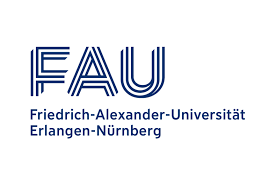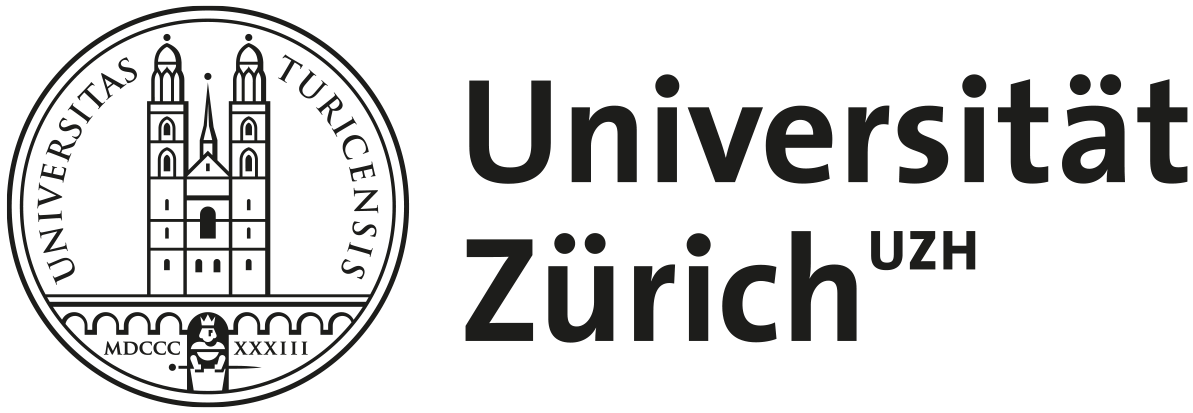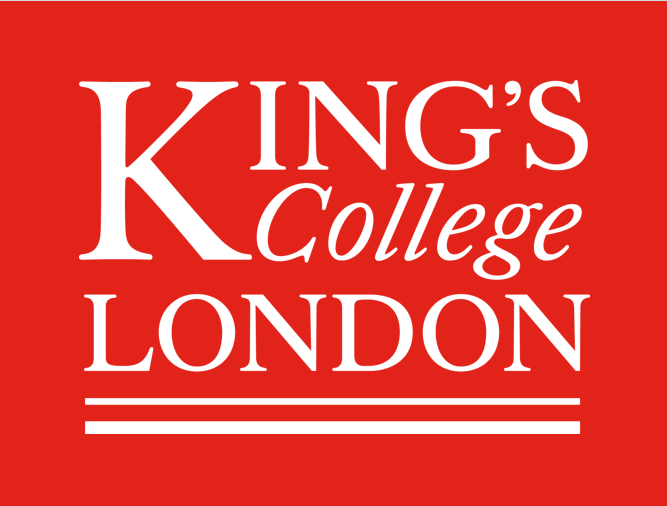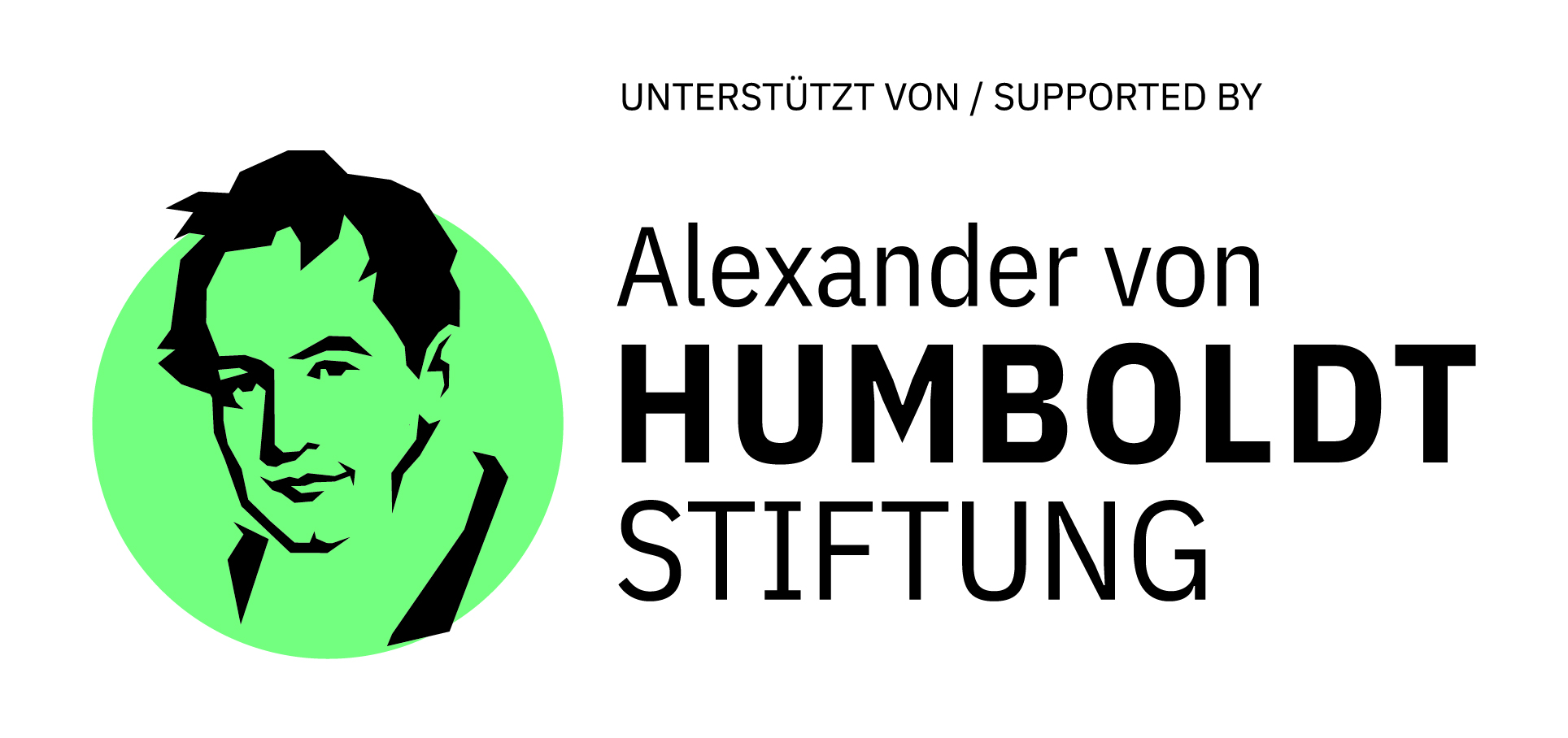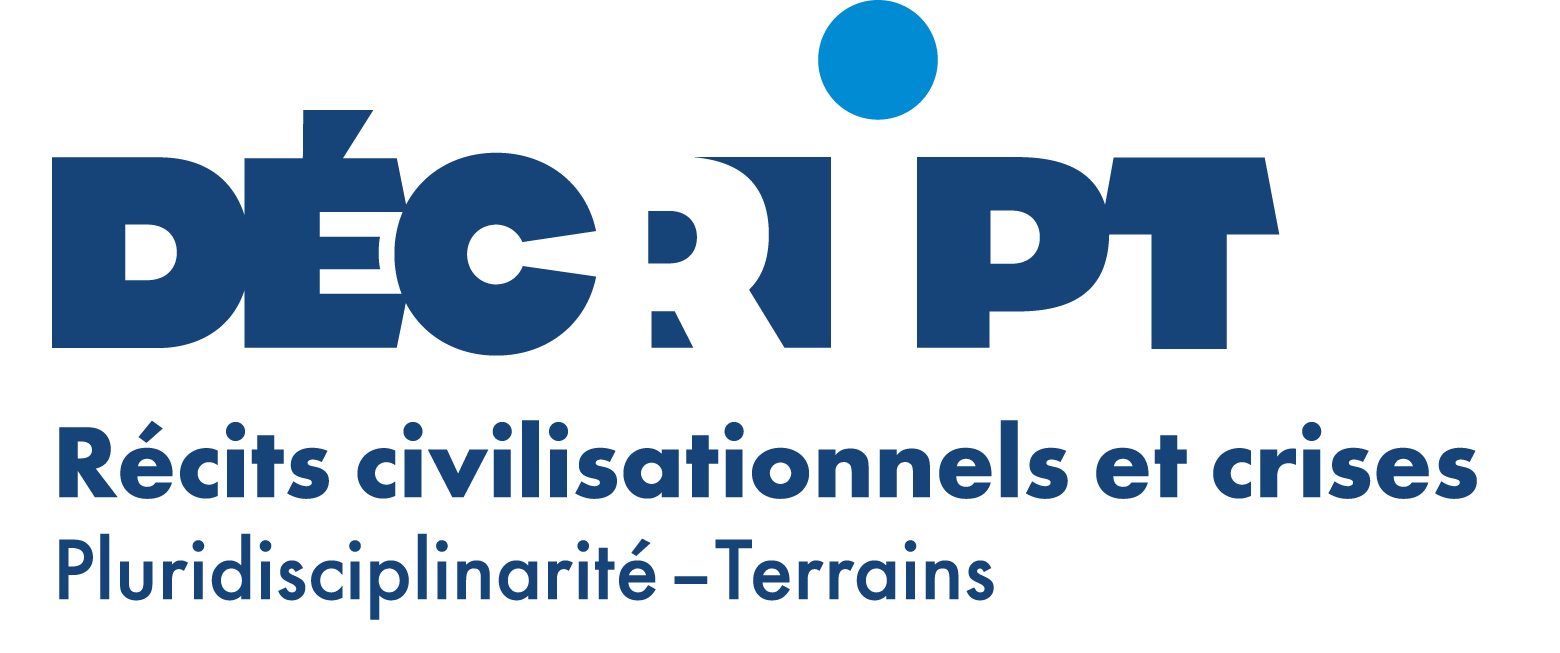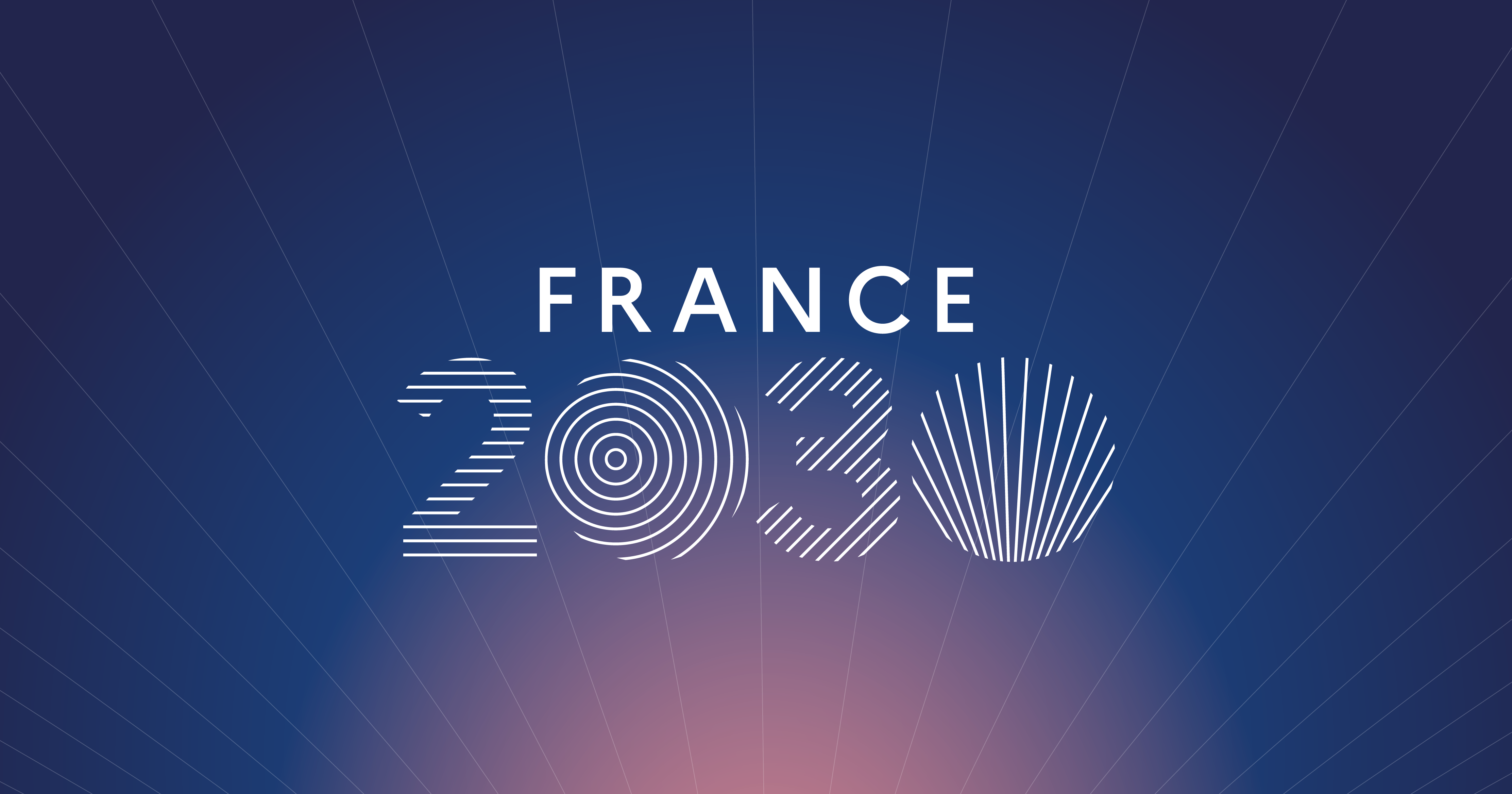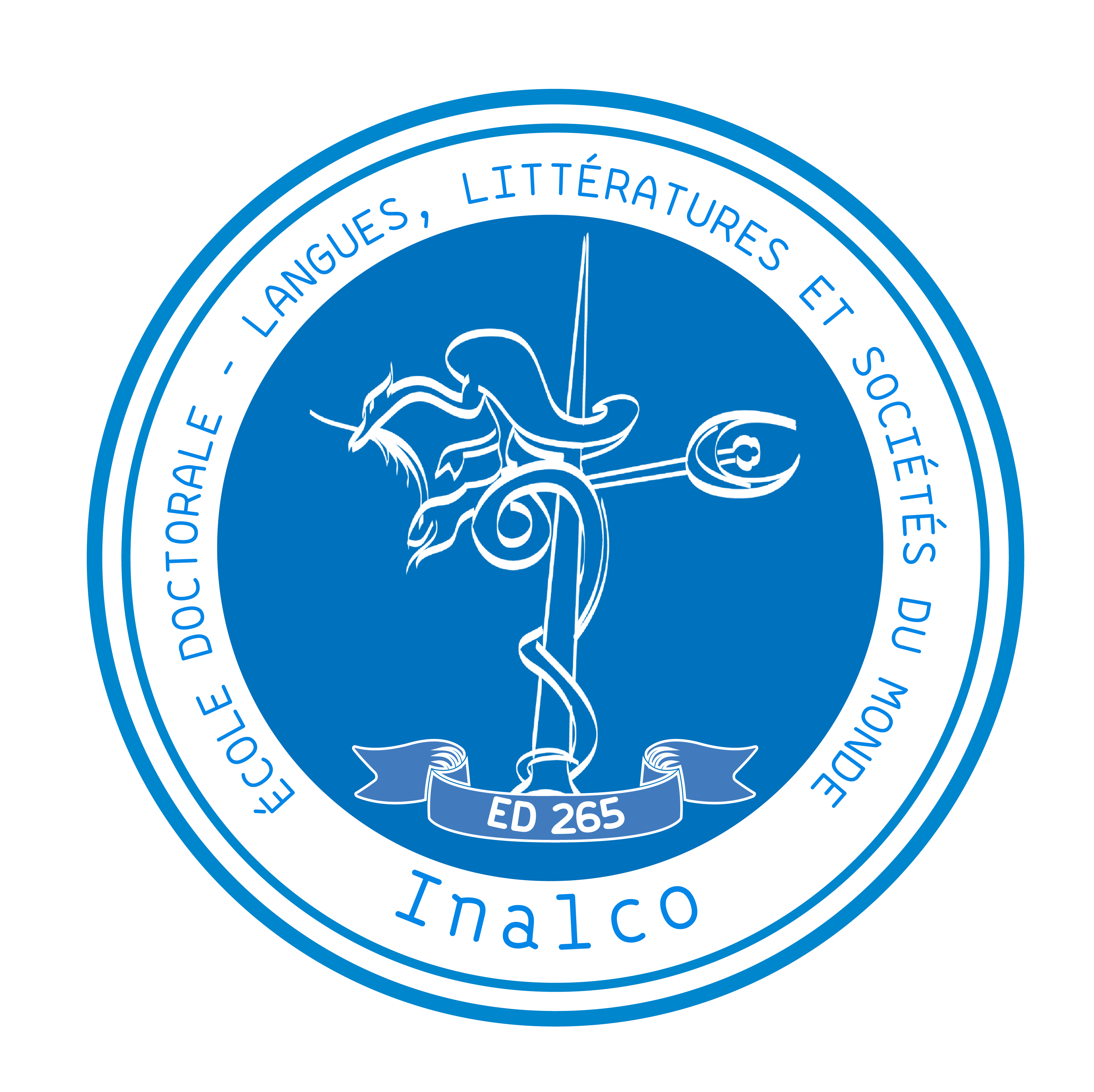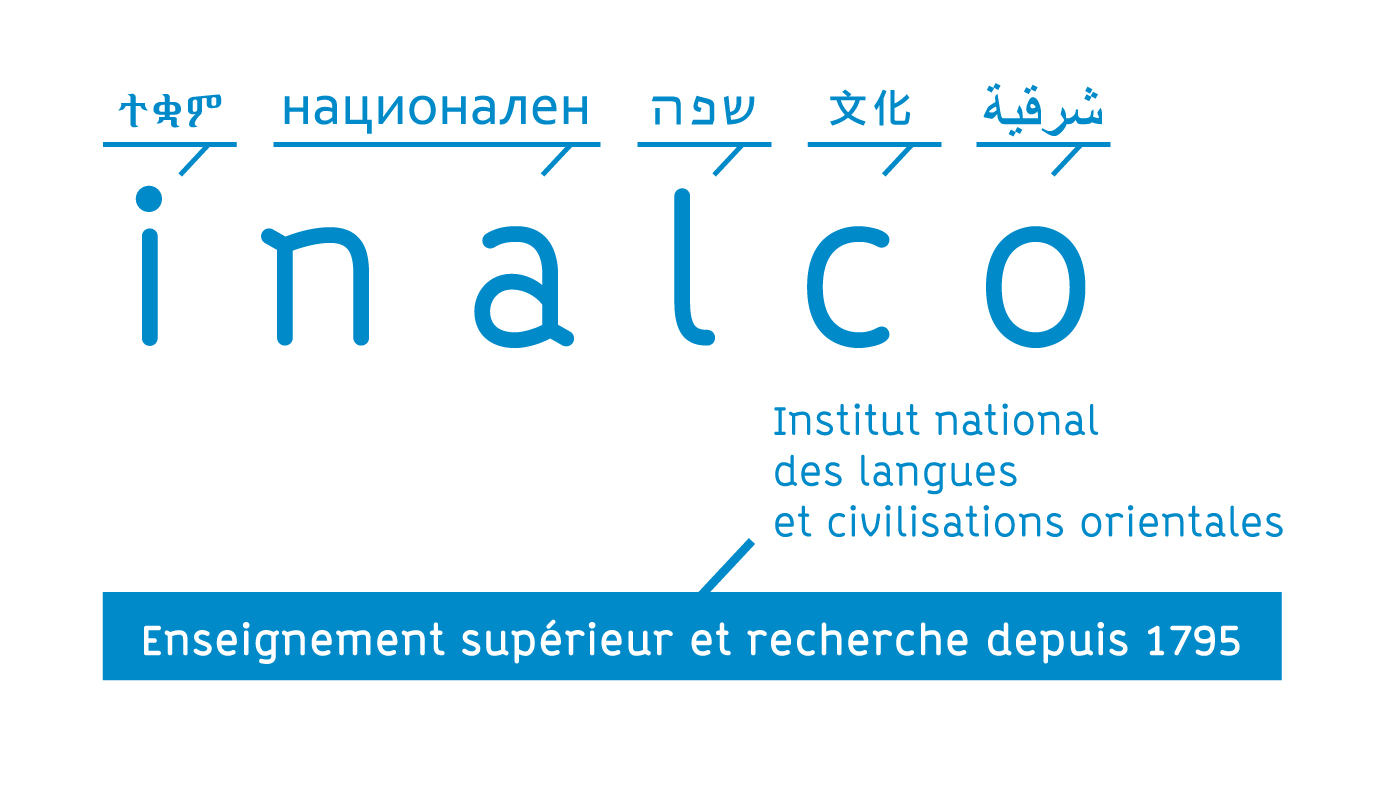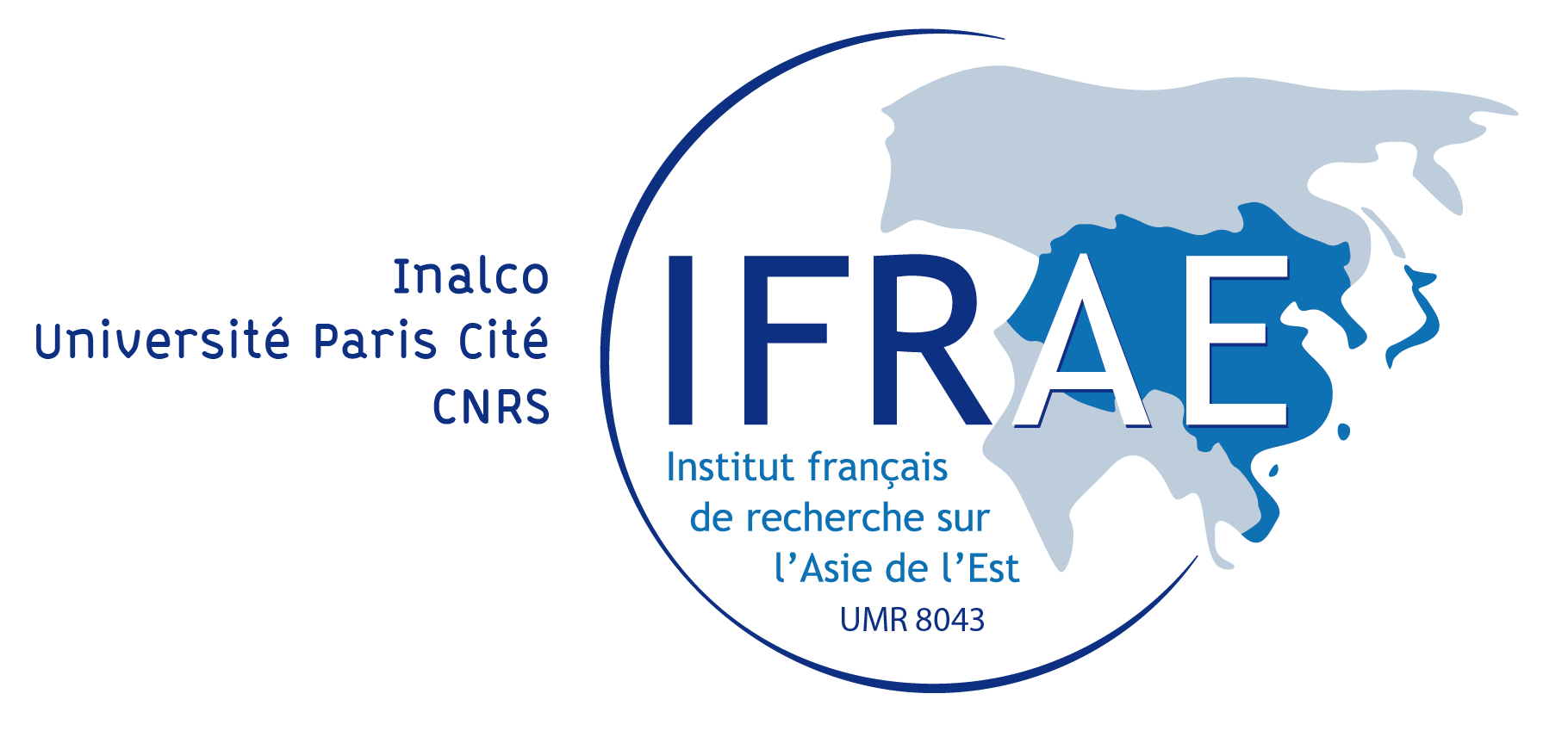The fabric of CCP ideology, circulation, impact and resistance
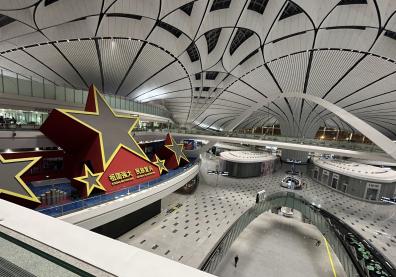
Workshop closed to the public.
Since Xi Jinping came to power 13 years ago, ideology has made a strong comeback in the political economy of the Chinese regime. What key concepts are the PRC's ideology based on today, and how have they evolved? How is it "fabricated" (by which actors and institutions)? How have its functions evolved, particularly in relation to the Maoist era, and what weight does it have in the development of Chinese state policies? How can it be studied—using which sources and methods—and how can it be interpreted properly?
This workshop aims to grasp the specificities of ideology under Xi Jinping, its modes of fabrication and circulation. Far from being solely formulated by the supreme leader, his secretaries, or the organs of the regime, a part of society now participates in its development. How does it circulate among diverse social and political actors and what actual impact does it have on policy? Finally, what resistance is it facing, particularly from Chinese intellectuals, and by what means in a context of increasing surveillance, control, and censorship in China, as well as the vanishing of democratic beacon and liberalism worldwide?
09:00-09:15: welcome and introduction: Chloé Froissart (Inalco), Jean-Christopher Mittelstaedt (University of Zürich)
1. Historical approaches:
• Focus: Changing functions and continuities of ideology from Mao to Xi
09:15-09:35: Michel Bonnin, EHESS/ Chinese University of Hong Kong : What is the use of empty words: comparing the functions of propaganda under Mao and Xi.
09:35-09:55: Jean-Philippe Béja, Sciences Po-CERI, From the Red Sun to Uncle Xi: the changing role of ideology.
09:55-10:15: Jean-Pierre Cabestan, Baptist University of Hong Kong-IFRAE, What is “whole-process people’s democracy”? Does it change anything to China’s authoritarian system?
10:15- 10:35: Discussion: Chloé Froissart
10:35-10:55: Coffee break
2. Sites and Agents of Ideological Production
• Focus: Where and by whom ideology is produced.
10:55-11:15: Chloe Froissart, Inalco & Aurélien Boucher, CUHK Shenzhen: The impact of Xi Jinping thought on social sciences: the case of Chinese political science journals ranked SSCI.
11:15-11:35: Patricia Thornton, University of Oxford, Tracking Civilizational Entrepreneurs in Xi’s China.
11:35-11:55: Sacha Halter, PhD candidate IFRAE-Inalco, The Fabric of CCP ideology by “statist scholars”: Hu Angang and socialism with Chinese characteristics.
11:55-12:15: Discussion: Jérôme Doyon, Sciences Po-CERI
12:15-13:30: Lunch
3. Circulation and impact
• Focus: How ideology travels, is reshaped and impacts state policies.
13:30- 13:50: Jean-Christopher Mittelstaedt, University of Zürich, The circulation of Xi thought: Fragments across time, texts and actors.
13:50-14:10: Alexandre Gandil, Postdoctoral Researcher of the Decript Program, University of Bordeaux Montaigne, China as a 'Civilization State': Genesis and (Non-)Circulations of a Contested Category.
14:10-14:30: Olivia Cheung, King's College London, The impact of Xi Jinping Thought on China's global strategy and foreign policy.
14:30-14:50: discussion: Jérôme Doyon, Sciences Po-CERI
14:50-15:10: coffee break
4. What possibilities for resistance?
15:10-15:30: Eva Pils, Friedrich-Alexander-Universität Nüremberg-Erlangen (FAU), Constitutionalism as resistance: the role of legal scholars.
15:30-15:50: Andrew Nathan, Columbia University, The changing meaning of democracy in China.
15:50 - 16:10: Teng Biao, Visiting Fellow at the Chair for Human Rights Law, Friedrich-Alexander-Universität Erlangen-Nürnberg (FAU), Liberalism, Trumpism and the Split of Chinese Liberal Intellectuals.
16:10-16:30: discussion: Jean-Philippe Béja, Sciences Po-CERI
16:30-17:00: General discussion: Jean-Christopher Mittelstaedt
This work benefited from State aid managed by the National Research Agency under France 2030 bearing the reference ANR-24-RSHS-0002.
Contact : Chloé FROISSART View e-mail
